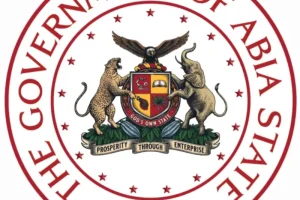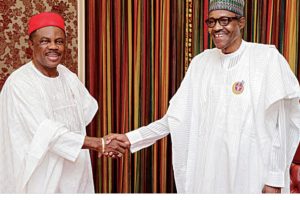
Phrank Shaibu, Special Assistant on Public Communication to the former Vice-President, Atiku Abubakar, has asserted that the administration of President Bola Tinubu has re-introduced petrol subsidy through the back door.
Tinubu was said to have silently re-introduced the payment of fuel subsidies in Nigeria in order to keep the price of petrol stable.
The International Monetary Fund (IMF) made the allegation in a statement last week and urged Tinubu’s government to stop the payment of subsidies on petrol completely to free up funds to run the government.
Reacting to reports by the IMF, Shaibu, in a statement on Monday, accused Tinubu of lying over some of the policies he had boasted to have made in his administration.
He maintained it had become clear that one of the reasons why the Nigerian National Petroleum Company Limited had not been paying the required amount of money into the government’s account was due to monies being diverted under an opaque and secret subsidy regime.
He said, “Tinubu has been boasting at every economic forum that he deserves to be in the Guinness Book of records for removing petrol subsidy. He even said before ringing the closing bell at NASDAQ in New York last September that the ‘corrupt subsidy’ regime and FX issues had been resolved.
“But as with every other thing relating to Tinubu, this has turned out to be another lie from the pit of hell. Currently, the exchange rate based on what the Central Bank of Nigeria recommended to the Nigeria Customs Service is N1515/$1. Hence diesel price is now over N1,200 but petrol is still selling for between N600 and N700.
“Nigeria is the only country in the world where such disparity between diesel and petrol exists. It has become obvious that petrol subsidy has returned through the backdoor.
“With the return of petrol subsidy, oil marketers have opted out and that is why the NNPC has returned to being the sole importer of petrol once more and has the temerity to be announcing that it will not increase petrol cost regardless of the international price of crude oil and the exchange rate.”





